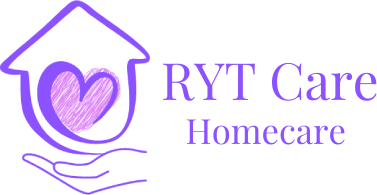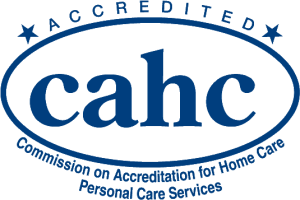In the world of homecare, effective communication between families and homecare agencies is crucial for ensuring the well-being and satisfaction of loved ones receiving care. However, poor communication can lead to misunderstandings, unmet needs, and frustration for everyone involved. The following explores common communication challenges faced by families and homecare agencies, and offers practical tips to bridge the gap for a smoother, more harmonious caregiving experience.
Common Communication Challenges
- Lack of Clarity on Care Plans: Families often feel unsure about the specifics of the care plan and the responsibilities of the caregivers, leading to confusion and unmet expectations.
- Inconsistent Updates: Without regular updates from the agency, families might not be informed about their loved one’s progress or any changes in their condition.
- Difficulty in Reaching the Agency: Busy schedules or inadequate support systems can make it hard for families to contact the agency when they have questions or concerns.
- Misunderstandings About Care Needs: Differences in understanding the care needs and preferences of the loved one can lead to conflicts and dissatisfaction.
- Inadequate Feedback Channels: Families might feel that their feedback is not taken seriously or that their concerns are not addressed promptly.
Tips for Improving Communication
- Establish Clear Communication Channels: From the outset, agree on the best methods and times for communication. Whether it’s through phone calls, emails, or a dedicated portal, ensure both parties know how to reach each other effectively.
- Request Detailed Care Plans: Ask for a comprehensive care plan that outlines the daily routines, responsibilities, and goals for the care provided. This ensures everyone is on the same page.
- Schedule Regular Check-Ins: Set up regular meetings or calls with the agency to discuss the care recipient’s progress, address any issues, and adjust the care plan as needed. Consistent updates help maintain transparency and trust.
- Document Key Information: Keep a record of important communications, agreements, and changes. This can help prevent misunderstandings and serve as a reference if any issues arise.
- Encourage Open Dialogue: Foster a culture of openness where both families and agencies feel comfortable expressing concerns and suggestions. Constructive feedback should be welcomed and acted upon.
- Provide Feedback Promptly: Share your observations and feedback with the agency as soon as possible. Timely feedback helps address issues before they escalate and ensures that the care provided meets expectations.
- Clarify Expectations Upfront: Discuss your expectations and preferences in detail with the agency before care begins. This includes specifics about the type of care, caregiver interactions, and any special requirements.
- Utilize Technology: Many agencies offer online tools and apps for monitoring care, scheduling, and communication. Take advantage of these tools to stay informed and engaged in your loved one’s care.
- Understand the Agency’s Processes: Familiarize yourself with the agency’s procedures for handling issues, scheduling changes, and emergencies. Knowing how the agency operates can help you navigate any challenges more effectively.
- Build a Relationship with Caregivers: Develop a rapport with the caregivers who interact with your loved one. A good relationship can enhance communication and ensure that care is delivered more effectively.
Effective communication is the cornerstone of quality homecare. By following these tips, families can foster a collaborative relationship with their homecare agencies, ensuring that their loved ones receive the best possible care.
Navigating homecare can be complex, but with effective communication, families and homecare agencies can work together to provide the best possible care for their loved ones. Embrace these strategies to bridge the communication gap and ensure a smoother, more positive caregiving experience.
For more resources and tips on homecare, subscribe to our blog and stay informed about the best practices in caregiving. If you have any questions or need assistance, reach out to us—we’re here to help you navigate the complexities of homecare with confidence. Call us today at 856-419-1262!!!



